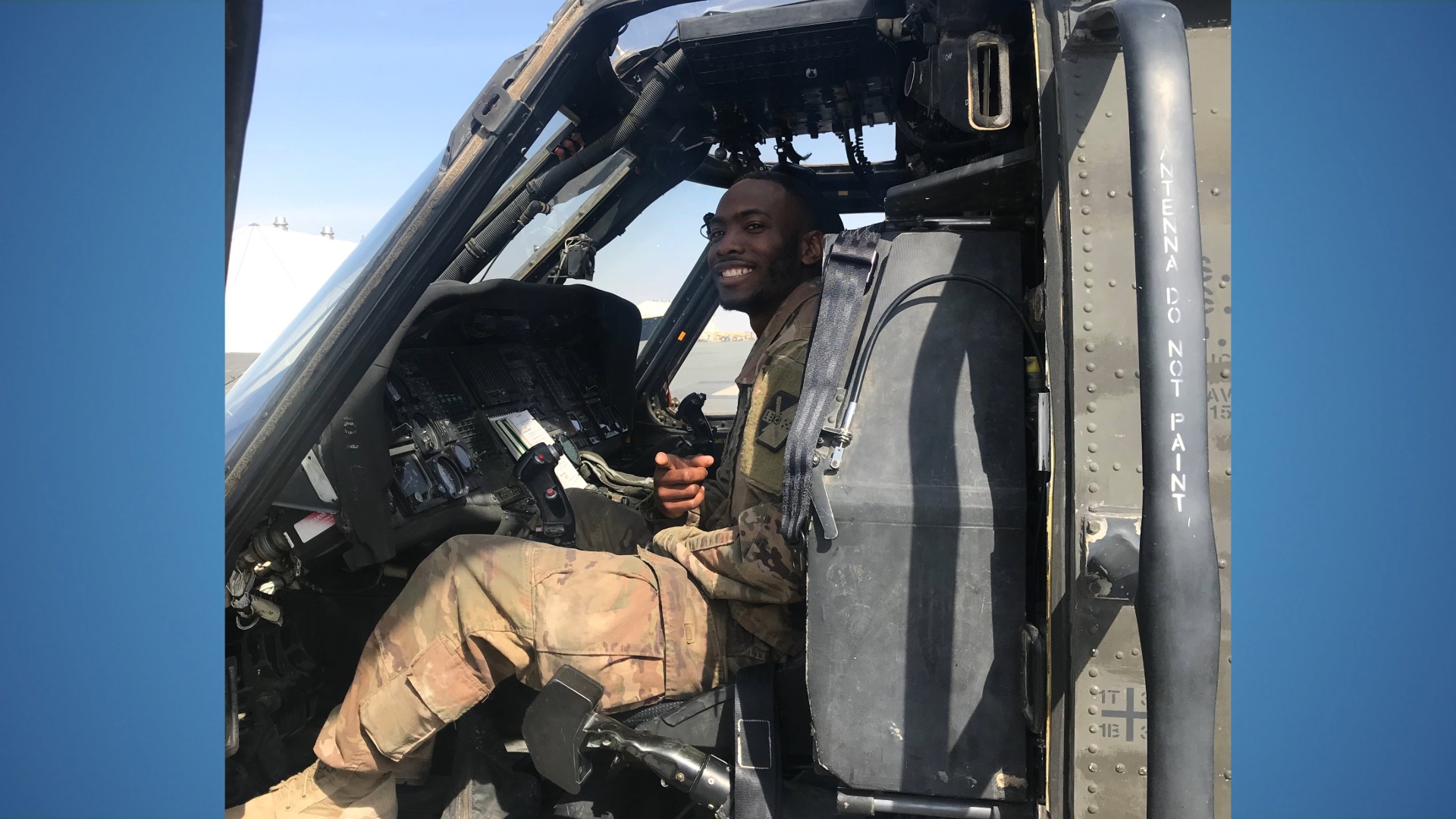Omari Tait, a student in the UNC School of Education’s Master of Arts in Educational Innovation, Technology, and Entrepreneurship program, has built a career defined by service, leadership, and a deep commitment to helping people find their best path.
As a first-generation college student and former Division III student-athlete, Tait said the full-time nature of academics and athletics — combined with navigating his long-term goals and aspirations — was challenging. Reflecting on that time, he said he realized few people asked the right questions about his interests, challenges, and well-being — support that might have better served him during that time.
“I’ve always known that whatever I chose to do, it needed to serve others,” Tait said. “Whether that’s through education, leadership, or technology, I want my work to help people reach their goals.”
Tait ultimately transferred to and graduated from UNC Pembroke, where he earned a bachelor’s degree in psychology with a minor in athletic coaching. While completing that degree, he also joined the North Carolina Army National Guard — drawn by a desire for discipline, service, and personal growth.
Now a staff sergeant (E6), Tait has deployed with the North Carolina Army National Guard to Kuwait, Iraq, and Qatar. The experiences, he said, strengthened his ability to lead under pressure and continues to influence how he approaches leadership and problem-solving.
“Whether I’m serving soldiers or adult learners, the principles are the same — stay adaptable, stay informed, and help people succeed by meeting them where they are,” Tait said.
The sum of his experiences led him to professional roles at East Carolina University, where he served as a GEAR UP success coach and assistant director of youth programs and special populations, and later to North Carolina Central University as an academic advisor.
Now a flightpath success coach with Project Kitty Hawk — an UNC System-affiliated entity that builds pathways for adult learners to earn high-quality, workforce-aligned degrees and credentials from UNC System institutions — Tait’s work supporting adult learners inspired him to enroll in the MEITE program, where he focuses on creating innovative, technology-driven tools that help to expand college and career access.
“College access isn’t just about getting students in the door,” Tait said. “It’s about helping them stay, succeed, and see themselves in the future they’re working toward.
“Both worlds — higher education and the National Guard — require empathy, patience, and structure,” he continued. “In both roles, I’m helping people reach their goals, whether it’s earning a degree, completing a mission, or just believing they can do it.”
Tait joined the MEITE program’s Learning Engineer track, one of several focus areas offered by the program. After discussions with Todd Cherner, Ph.D., MEITE program director, Tait said he realized he needed a deeper understanding of design, specifically, how to build and refine the platform for the college and career access initiative he hopes to launch.
To achieve this, Tait aims to build a VR/XR platform that enables high school students to explore various pathways toward their career goals by virtually touring community colleges and four-year universities, completing mini-courses on key topics like financial aid, majors and minors, and study skills, and exploring careers through immersive virtual experiences and day-in-the-life videos.
“This track is helping me build something useful and something immersive that really impacts students,” Tait said. “I want it to be something that feels alive, something students want to use.”
With Project Kitty Hawk, Tait supports adult learners across the UNC System, helping them navigate academic, financial, and personal challenges that impact their educational journeys. His experience guiding students through online learning environments connects to his work in the MEITE program, where he’s learning to design technology-driven solutions that enhance student engagement and access.
“One of the biggest things I’m learning in MEITE is how to evaluate tech, to ask, ‘Is this [technology] actually helping?,’” Tait said. “Our program teaches us to make sure technology serves educators and students, not the other way around.”
For Tait, understanding technology’s human impact is no different from understanding the people he leads. The same sense of intentionality guides his approach to both education and service, as he applies the foundation of leadership he built in the National Guard to his work in the MEITE program.
“I’m always asking myself, ‘How can we use the technology we already have to improve education as a whole and enhance the learning experience?,’” Tait said. “That’s where my focus on college and career access really comes in, finding ways to use innovation to make education more accessible for everyone.
“Education and innovation are the two biggest things we do in the military. We’re constantly adjusting our operations depending on the situation. You have to think critically and adapt quickly.”
